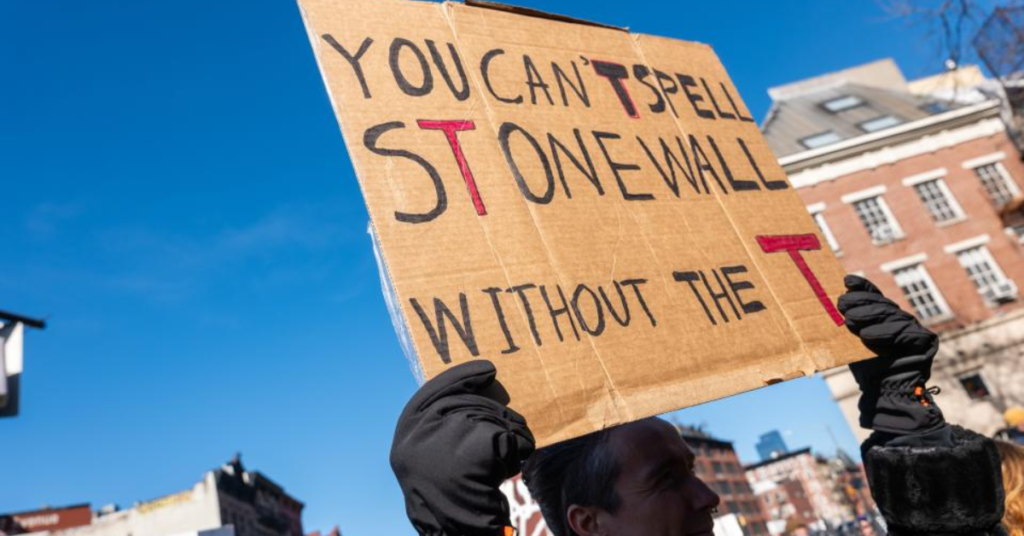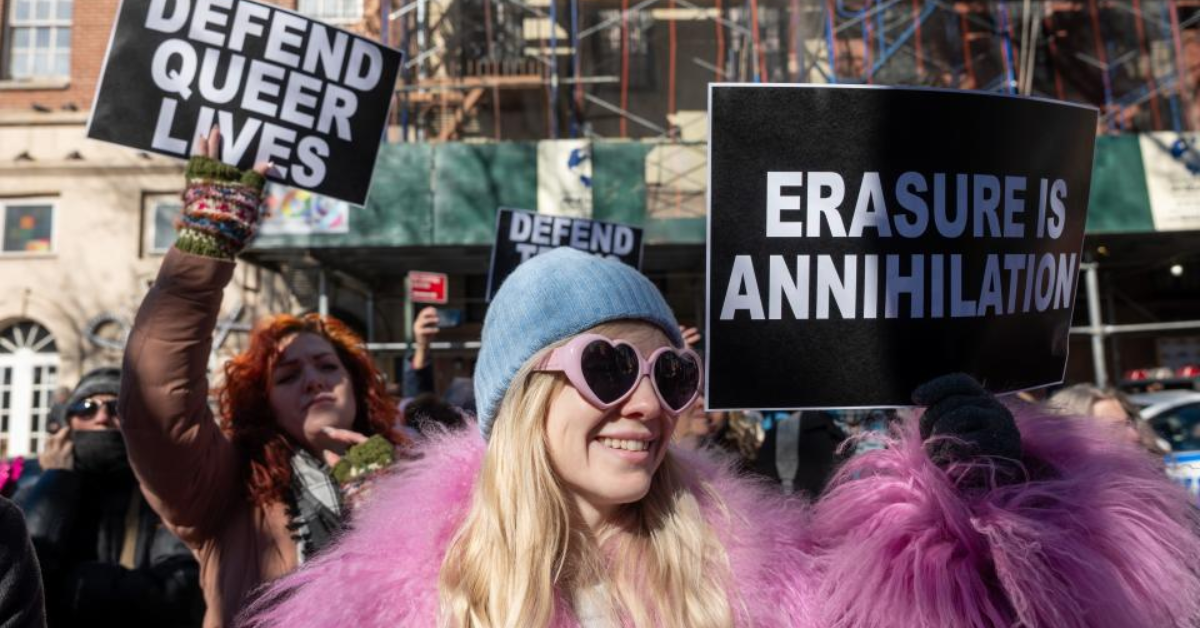The 1969 Stonewall Uprising was a crucial moment in the fight for LGBTQ+ rights. The protests at the Manhattan gay bar, which erupted after a police raid, were largely led by transgender and queer people of colour. One of the key figures in the uprising was Marsha P. Johnson, a Black transgender woman from Elizabeth, New Jersey.
Recently, the history of transgender and queer individuals in the Stonewall Uprising has been removed from the Stonewall National Monument website. The website, along with other federal sites, was altered following executive orders from the Trump Administration that targeted the transgender community. The updated site now states: “The Stonewall Uprising on June 28, 1969, is a milestone in the quest for LGB civil rights and provided momentum for a movement.”
This removal of references to transgender and queer activists has sparked outrage. Johnson’s family, along with advocacy groups like Garden State Equality, is fighting back. James Carey, Johnson’s cousin and the president of the Marsha P. Johnson Family Foundation, condemned the change in a news release.
He called it not just an erasure of words but an erasure of history. Carey emphasized that trans and queer people of colour, including his cousin Marsha P. Johnson and fellow activist Sylvia Rivera, played a leading role in the uprising and the broader LGBTQ+ rights movement.
The decision to remove trans and queer identities from the Stonewall narrative has led to protests outside the Stonewall Inn and widespread backlash from LGBTQ+ rights groups. Many see this as a dangerous attempt to rewrite history.
Aedy Miller, communications manager for Garden State Equality, criticized the move as disgraceful. They pointed out that removing transgender and queer people from the historical record does not change the fact that they were there and played a crucial role in the fight for rights.

Marsha P. Johnson was a dedicated activist throughout her life. Tragically, in 1992, her body was found floating in the Hudson River during a time of rising anti-LGBTQ+ violence. Her death was initially ruled a suicide, but in 2012, the New York City Police Department reopened the case, changing the ruling to undetermined.
Carey and advocacy groups continue to fight for Johnson’s legacy. They are calling on the National Park Service and the Trump Administration to restore accurate and inclusive language to the Stonewall National Monument website. Carey believes that Johnson fought for a world where no one should have to live in fear because of their identity.
As the controversy continues, activists stress that preserving the true history of Stonewall is essential. The contributions of transgender and queer individuals must not be erased, and their legacy must be honored. Marsha P. Johnson and countless others fought for the rights that many enjoy today, and their stories deserve to be told accurately and truthfully.
Disclaimer: This article has been meticulously fact-checked by our team to ensure accuracy and uphold transparency. We strive to deliver trustworthy and dependable content to our readers.








